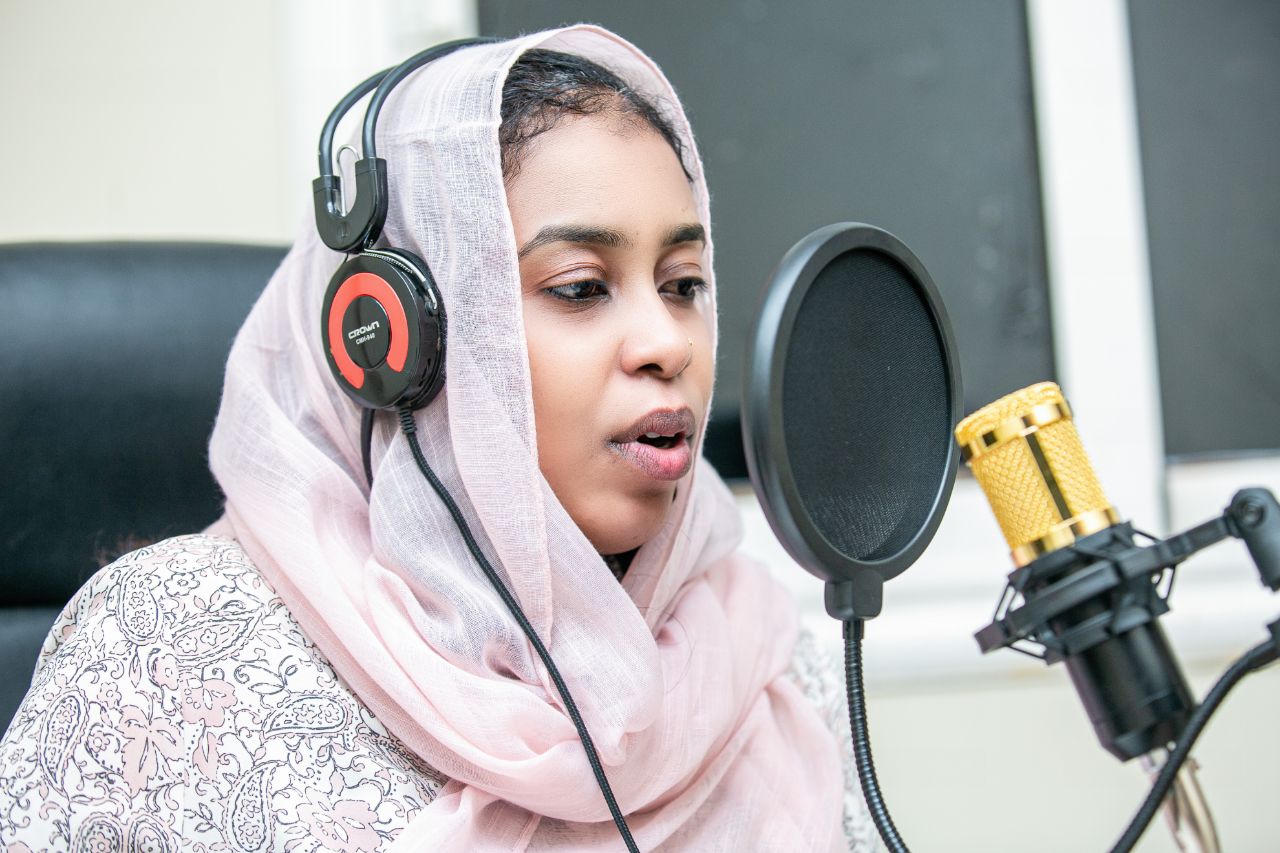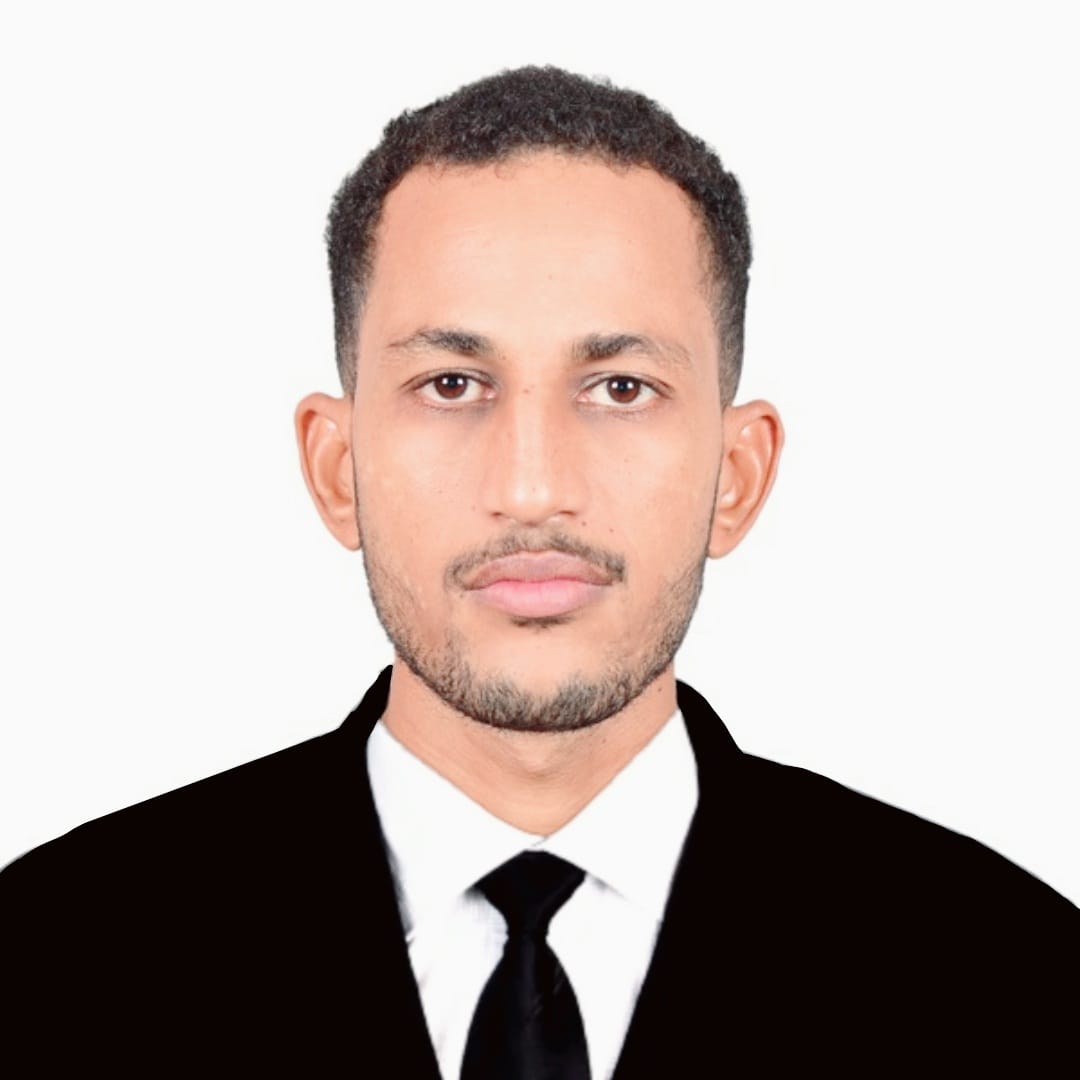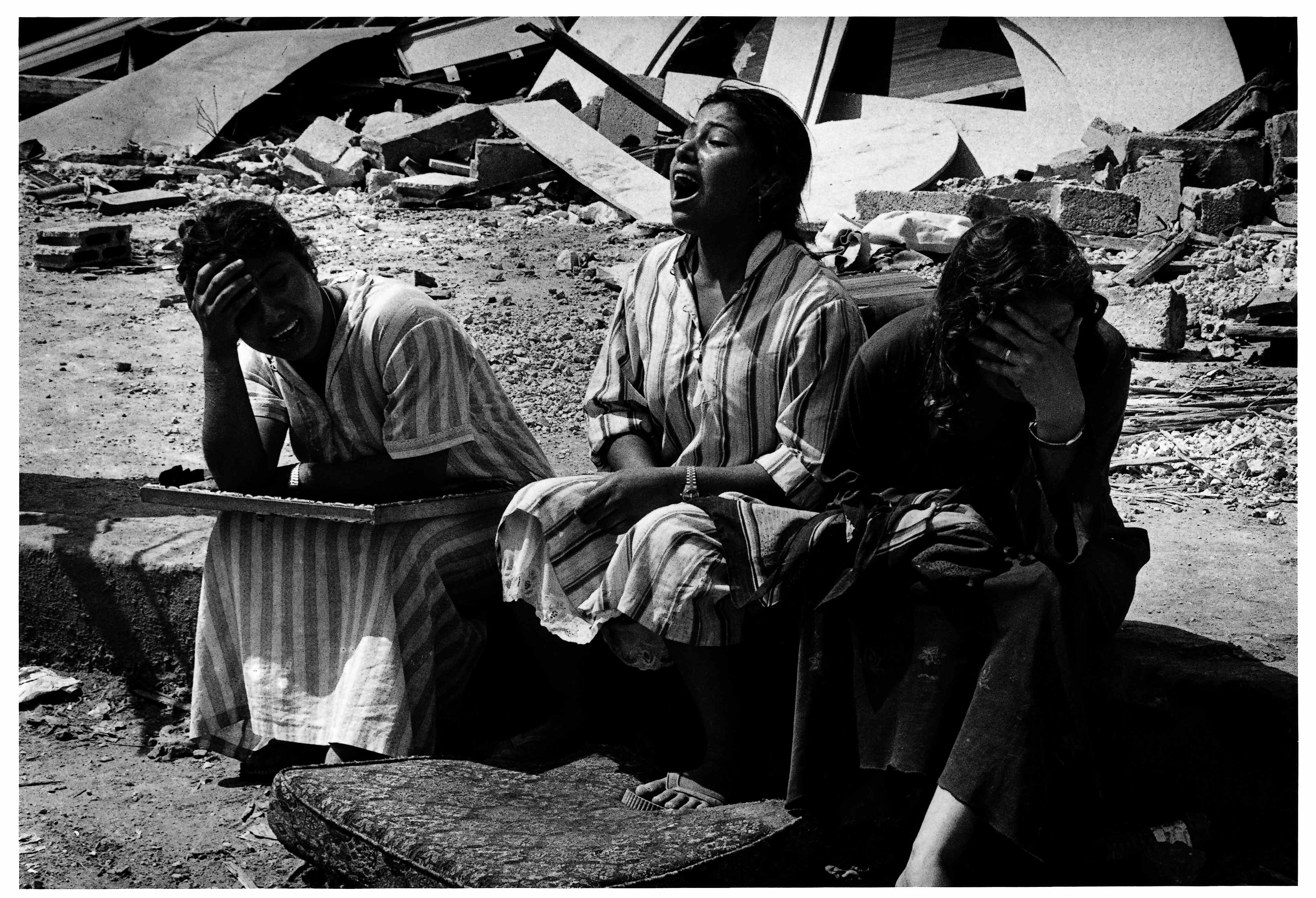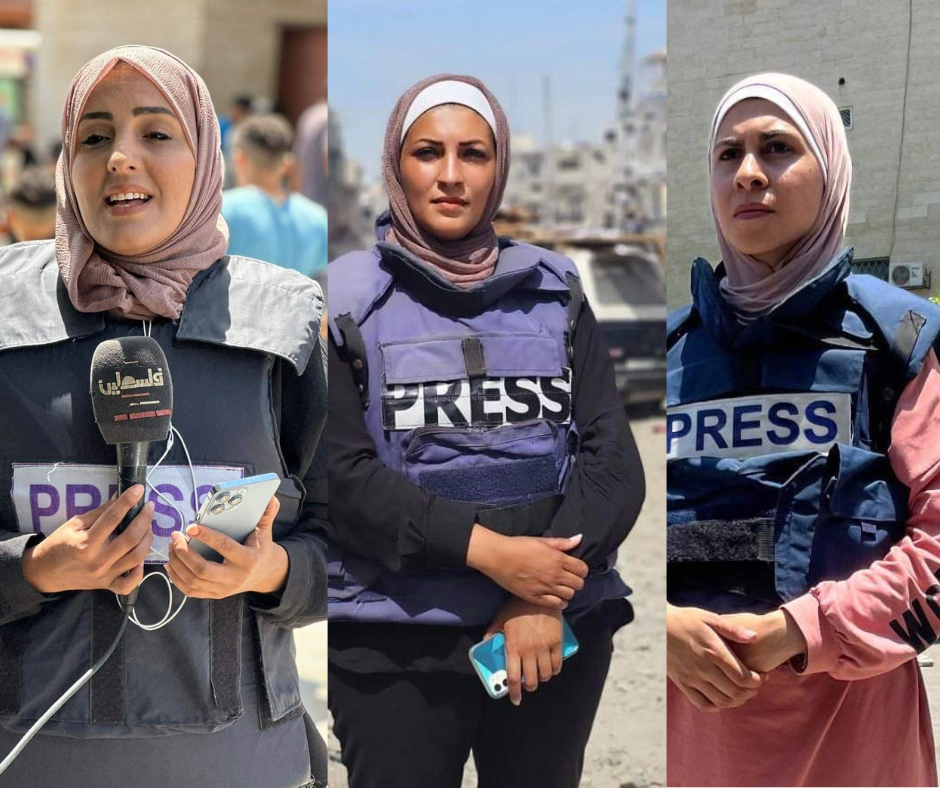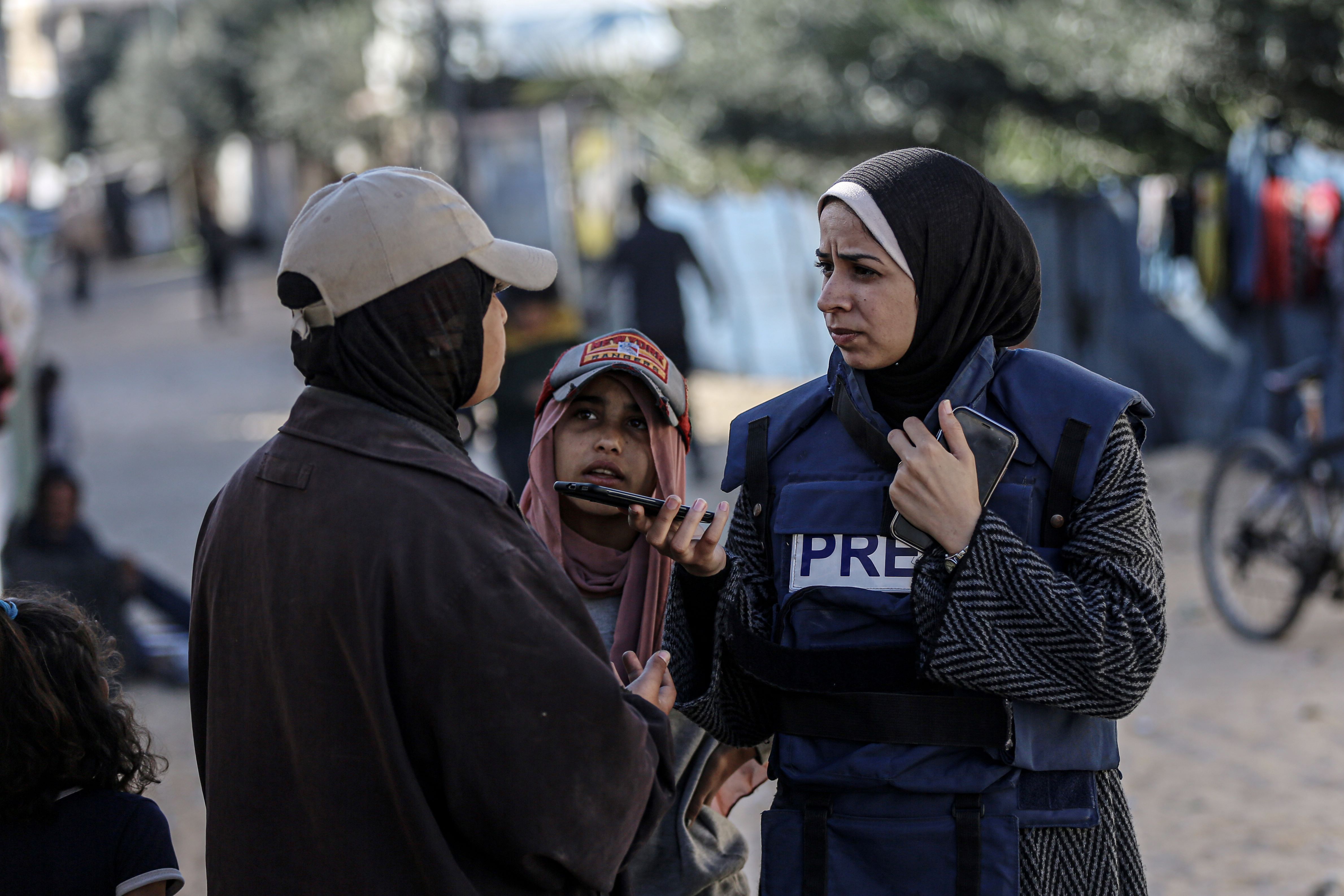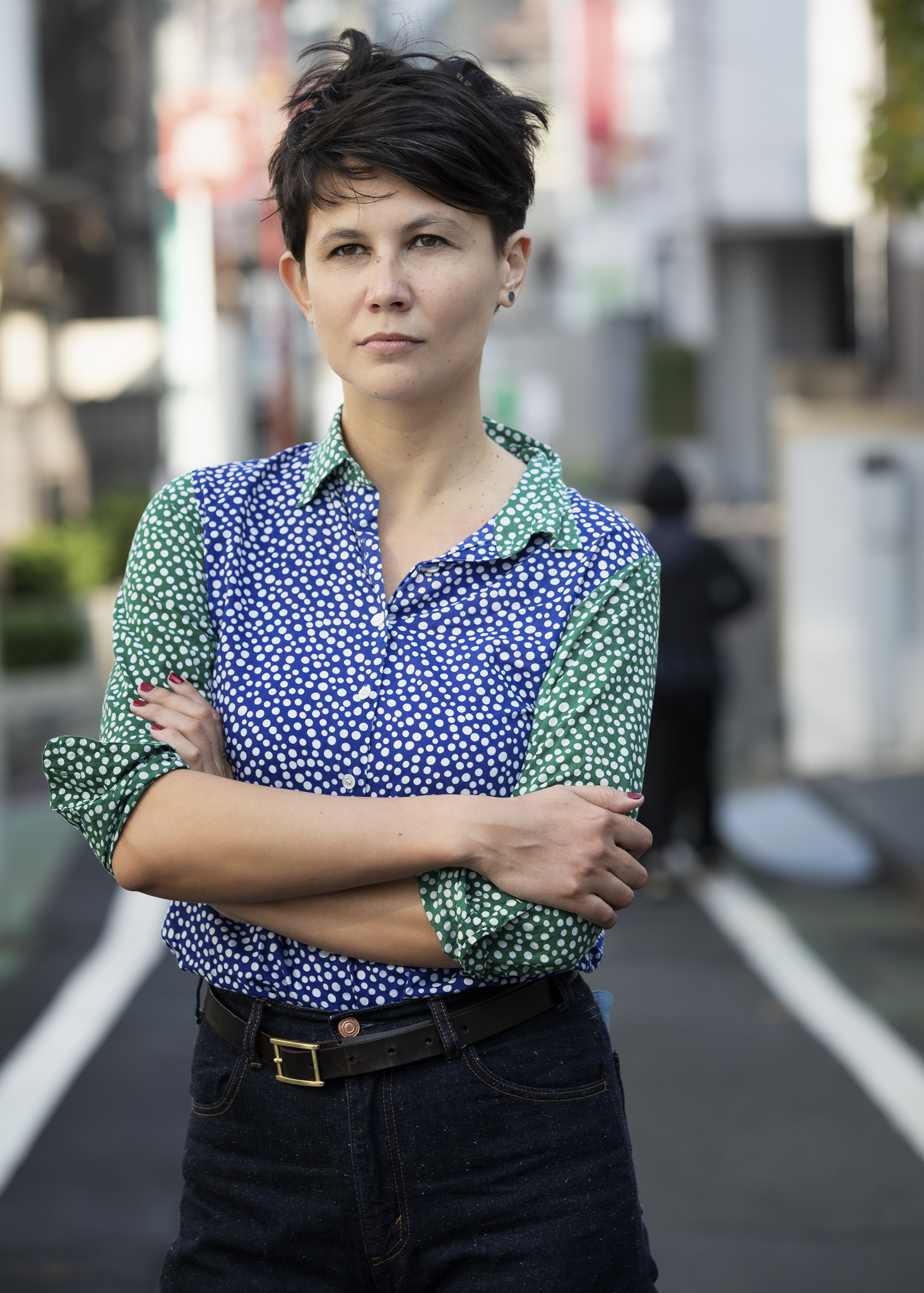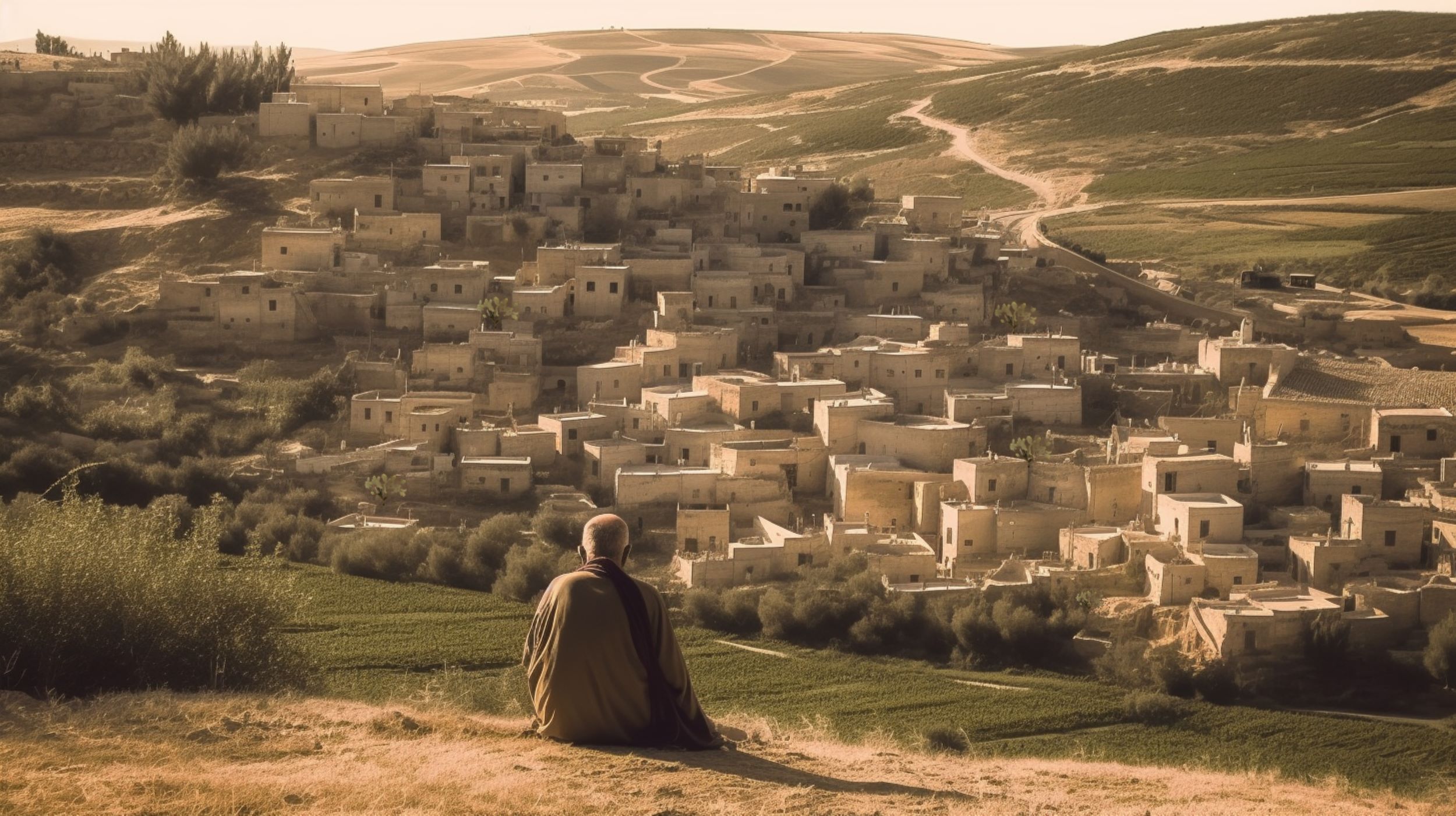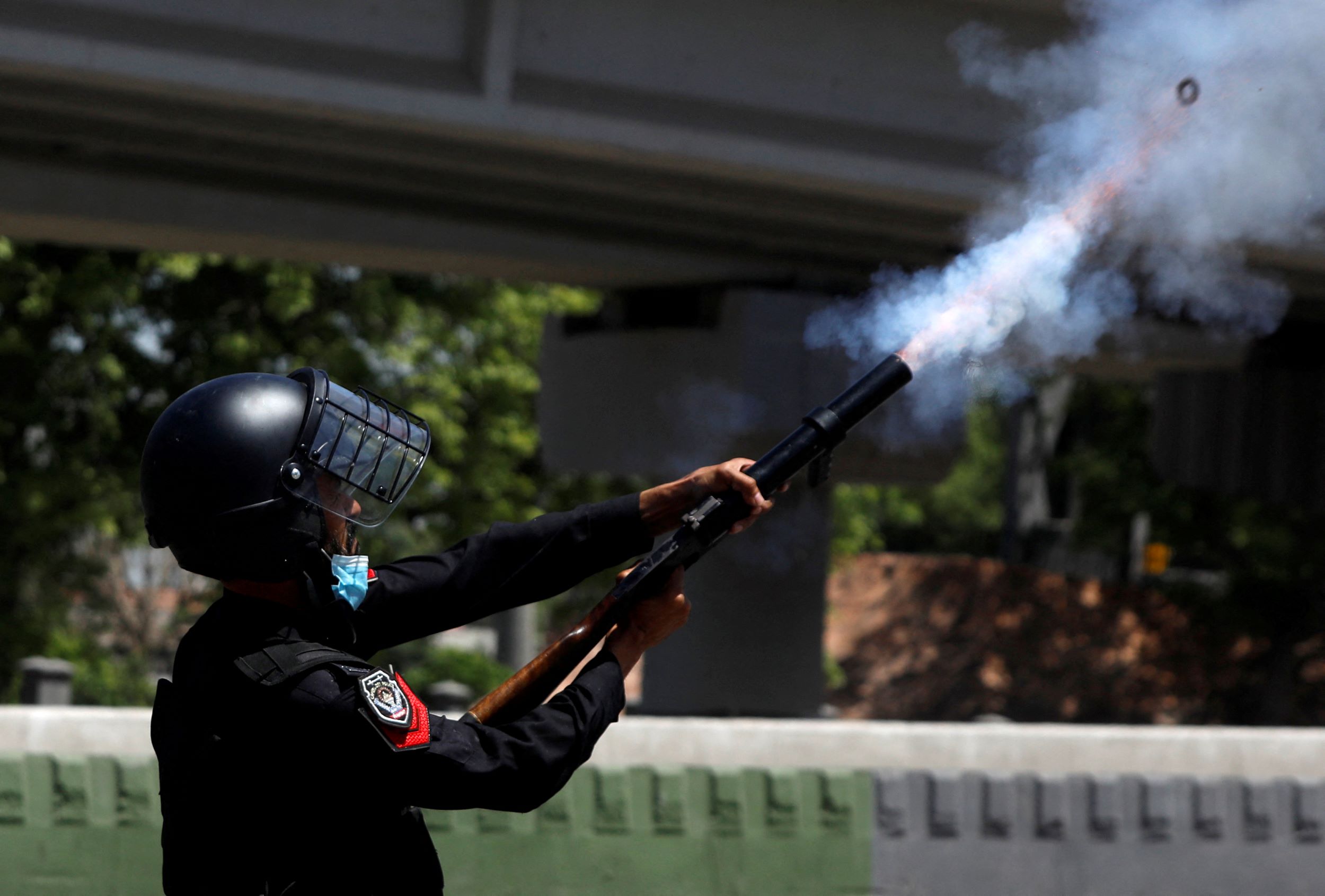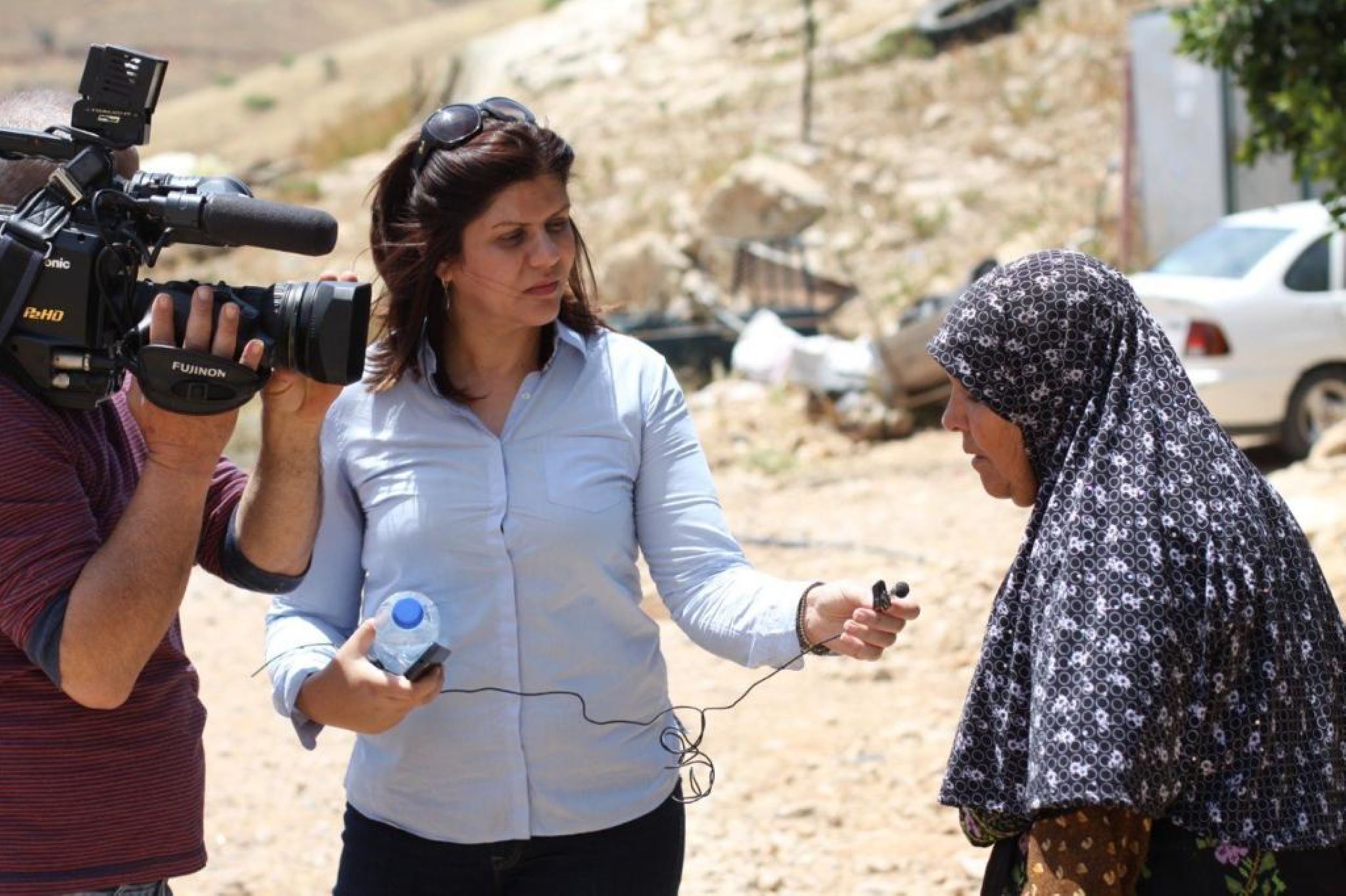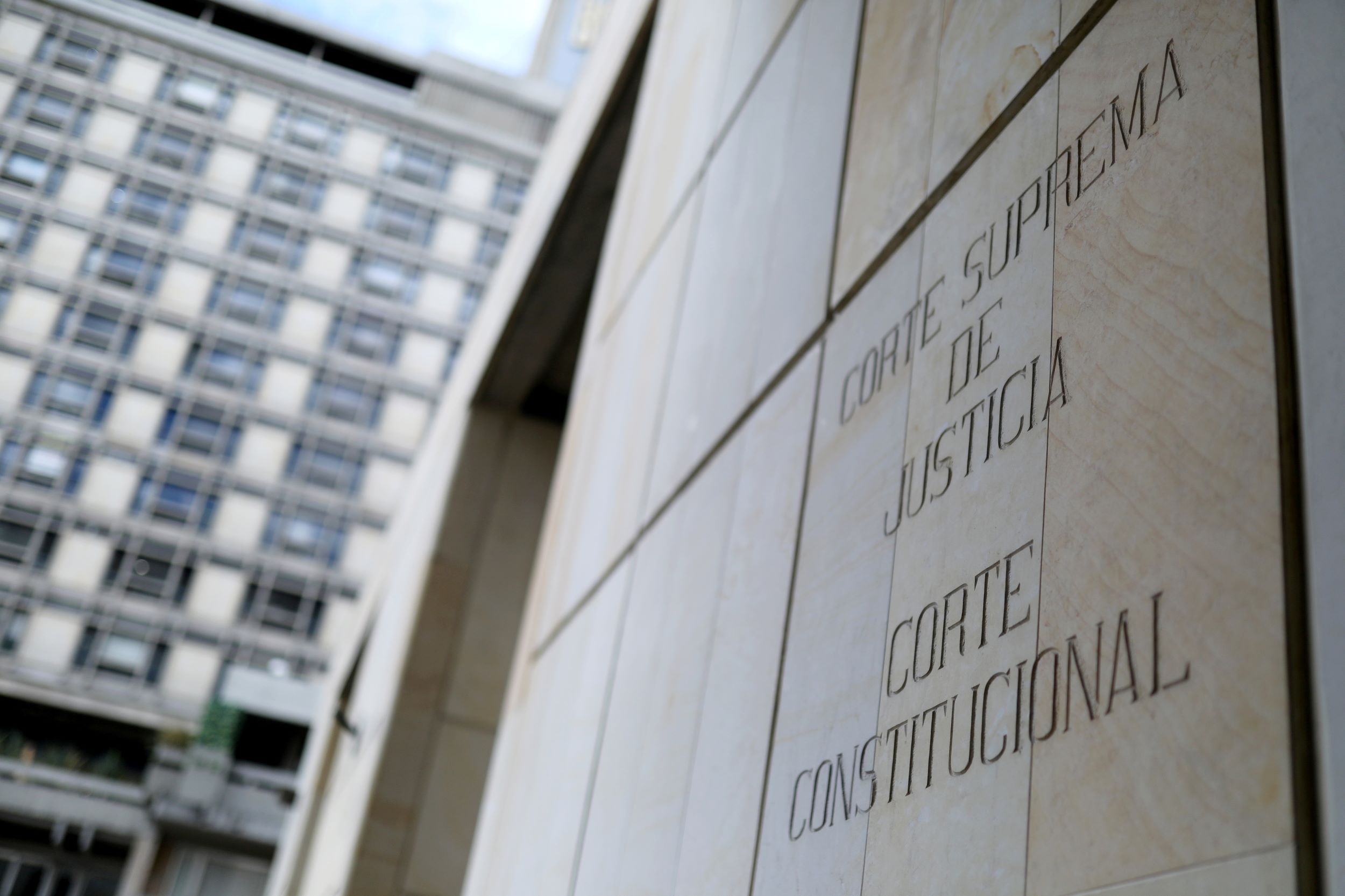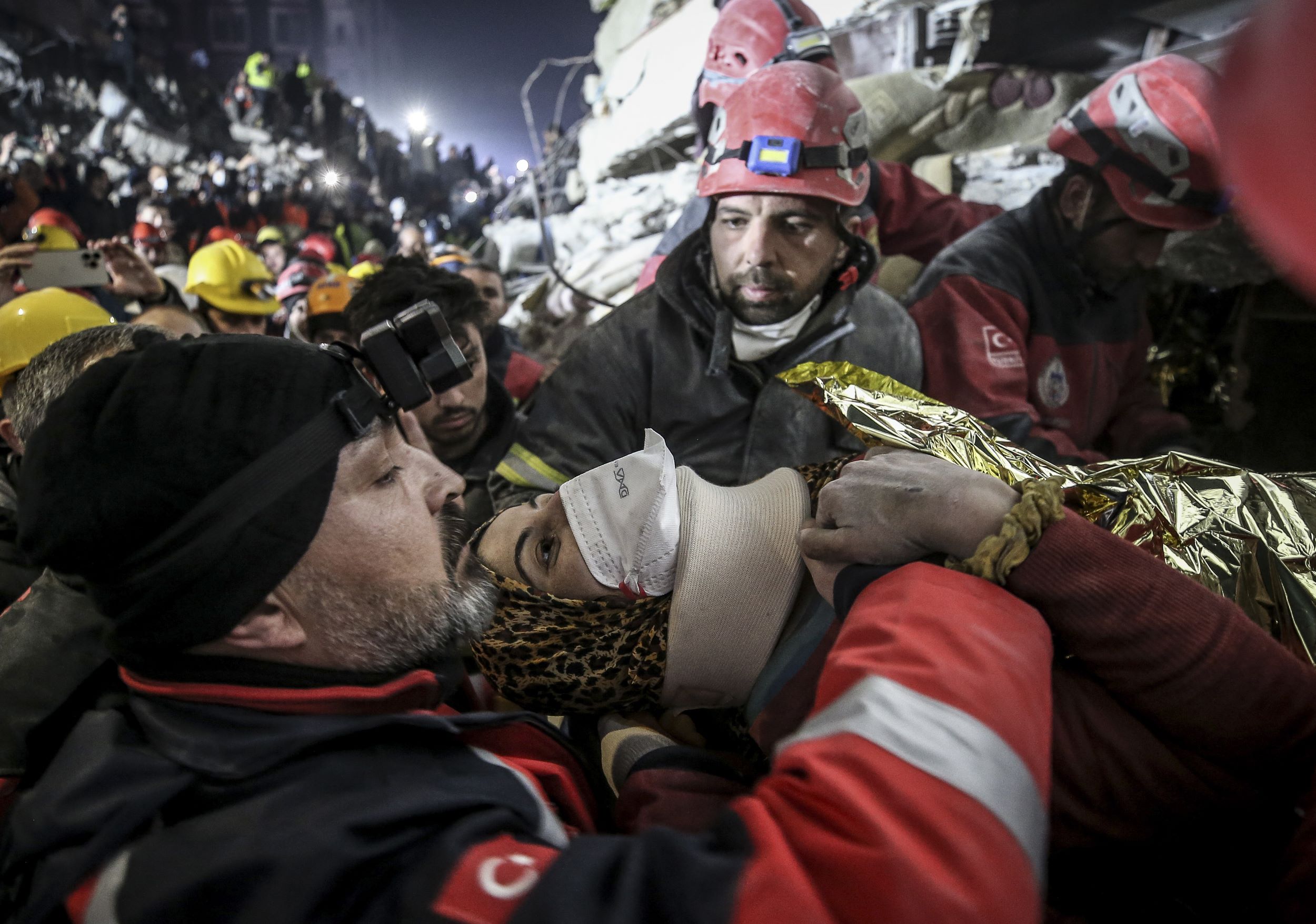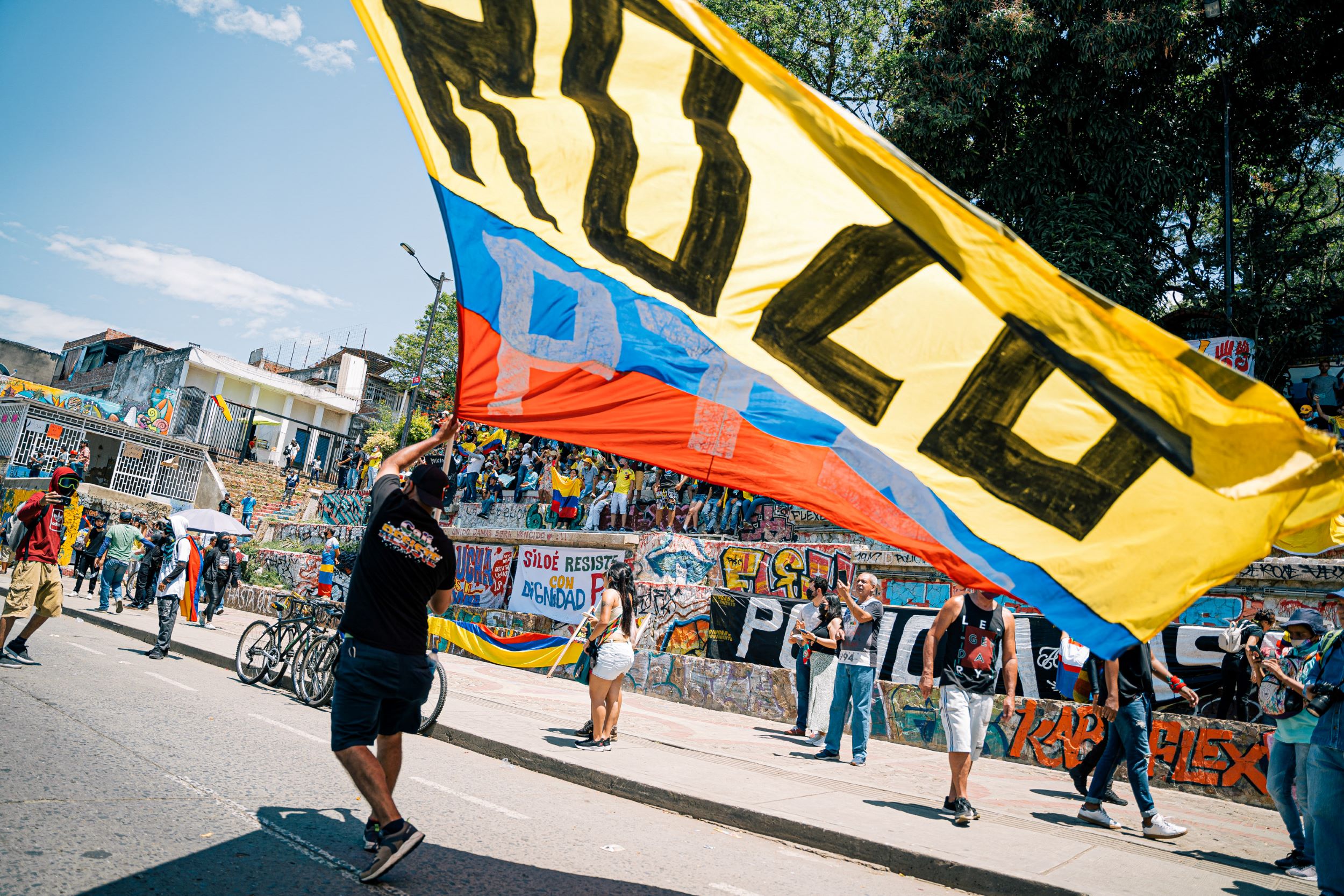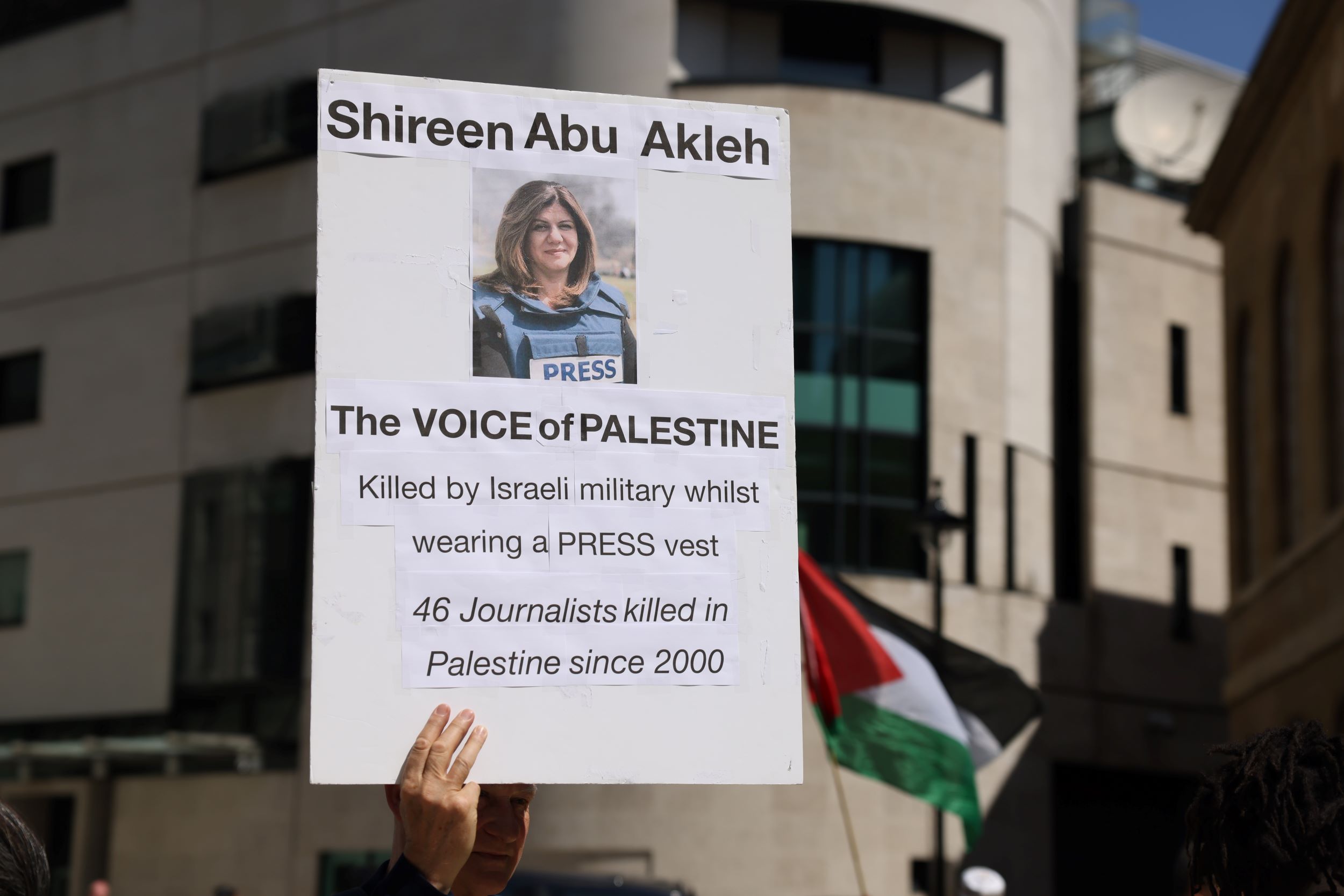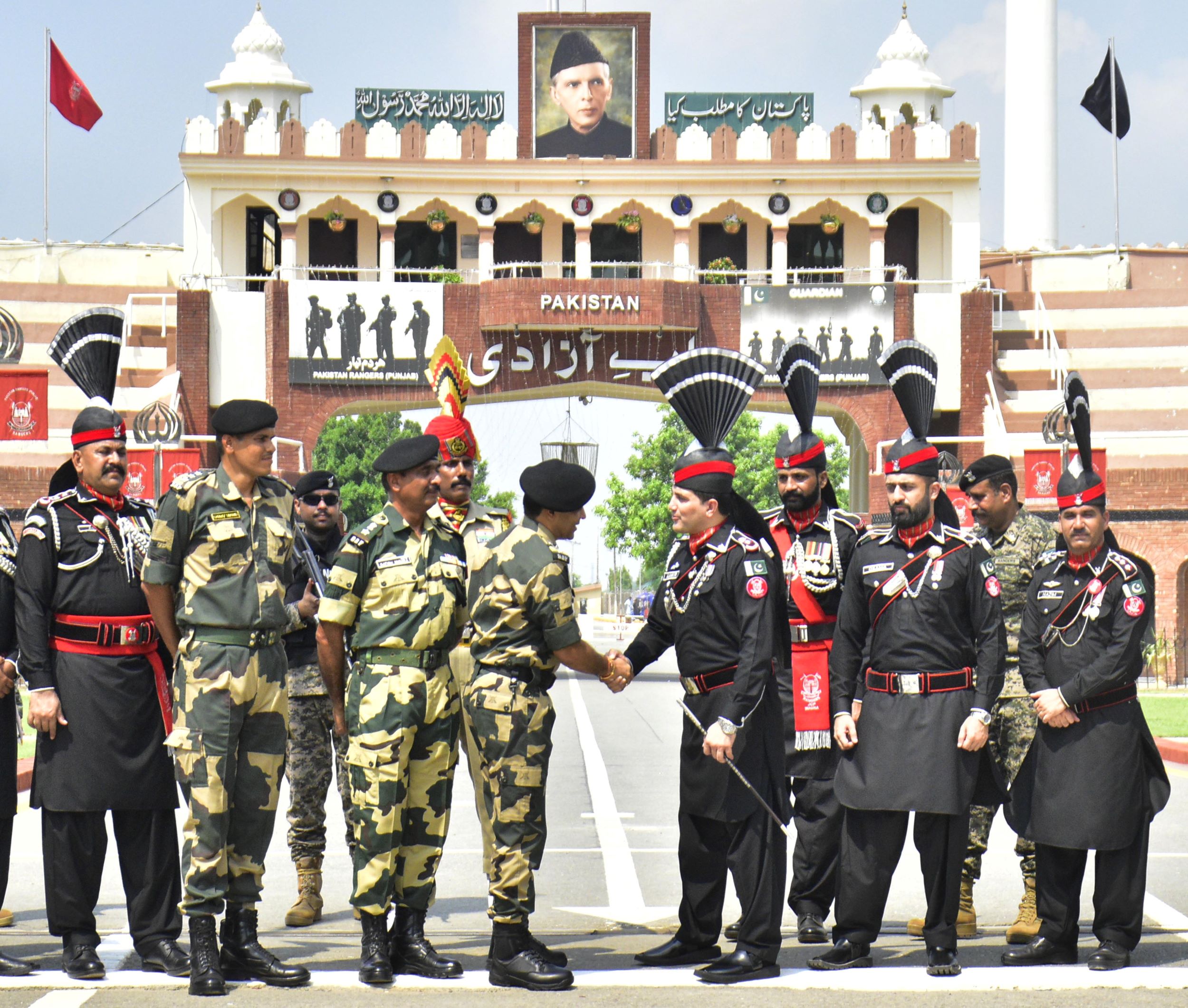في كل مرة أحاول أن أصل إلى صيغة أفضل للمقال، أعيد كتابته من جديد كي تكون المعطيات أكثر دقة. قد يكون هذا مثالًا حيًا للعناية والحذر الذي أتعامل به مع كتابة قصص صحفية حول قضية النيل، خصوصًا إذا كان الأمر مرتبطًا بملف سد النهضة الإثيوبي.
الكتابة حول سد النهضة محفوفة بالمحاذير المهنية، حيث يجب أن يكون منسوب تحري الدقة أكبر بكثير من صياغة باقي القصص الأخرى، فقضايا المياه تصنف كأحد الموضوعات التي تمس الأمن القومي في العديد من الدول. هل تعلم ماذا يعني ذلك؟ معناه أن المعالجة الصحفية قد تعرض الصحفي أو المنصة التي يكتب لها لخطر أمني. هكذا تنشأ الرقابة حول موضوع حساس يفضي إلى ضرب مبادئ المهنة والتأثير المباشر على الأمن القومي لدولة ما لا سيما إذا ارتبط ذلك بنشر أخبار مزيفة.
"وطنية ضد الحقيقة"
يصطدم الصحفي المشتغل في هذا الميدان بتحد آخر؛ فمبدأ تحري الدقة في تغطية المياه قد يتعارض أحيانًا مع "النزعة الوطنية" أو"حب الوطن"(1)، خاصة إذا كان الصحفي يعمل على تغطية ملف سد هو الأكبر في أفريقيا، يحتجز مياه كانت تجري على أرض وطنه منذ آلاف السنوات، ويهدد بنقص المياه الجارية لدولتي المصب وهما السودان ومصر. وقتها، تصبح تغطية السد برؤية مهنية متحررة من العواطف والتحيزات الوطنية عائقًا يصعب تجاوزه.
الانجراف وراء البحث عن الإثارة والسبق السياسي، يشكل -أيضًا- عنصرًا يمكن أن يهدد دقة التغطيات التي يقوم بها الصحفي حول سد النهضة. وعلى هذا النحو، تضيع الأسئلة الحقيقية التي على الصحفي أن يطرحها: هل سيؤثر ملء سد النهضة على السد العالي بمصر؟ ومتى سيشعر المواطن بأزمة مياه؟ هل ستمر المراحل القادمة لملء خزان السد بأمان؟ هل سيتسبب السد على المدى البعيد في عطش مواطني دول المصب أثناء فترة التشغيل؟ وغيرها من التفاصيل التقنية التي ينبغي أن تنبني على معطيات علمية دقيقة بعيدة عن الخبر السياسي، وبعيدة أيضًا عن استدرار العواطف. لكن يبدو دائمًا الحديث عن الحرب التي تدق طبولها على ضفاف النيل أكثر إغراءً للإعلام من الدقة العلمية، ويحظى بالشعبية الأكبر، كما يقول إيمانويل فانيتي مدير مشروع مختبر دبلوماسية المياه المفتوحة التابع لمعهد اليونسكو، أي أتش إي دلفت لتعليم المجالات المائية (2).
عمل فانيتي مع فريق بحثي من مصر والسودان وإثيوبيا لإنجاز دراسة حول "النيل في الإعلام" لتحليل الخطاب الصحفي لفهم أفضل لطبيعة القصص المتداولة على نطاق واسع حول سد النهضة في الدول الثلاثة المعنية بالقضية، إضافة إلى دولة أخرى في حوض النيل، وهي أوغندا. اعتمدت الدراسة على الإنتاج الإعلامي لصحيفتين من كل دولة إحداهما قومية والأخرى مستقلة، إضافة إلى ما ينشر عن النيل في مؤسستين إعلاميتين دوليتين مستقلتين هما الجزيرة والغارديان.
ومن بين مخرجات الدراسة، لاحظ الباحثون أن الإعلام الدولي اهتم بإبراز جانب الصراع وصناعة عناوين تتضمن كلمات مثل: حرب المياه، موت النيل، دماء في مجرى النهر وغيرها، أما في الإعلام المحلي فقد شغل الحديث عن الحرب مساحة أقل، لكن كانت هناك نزعة نحو استخدام قضية سد النهضة لأغراض سياسية.
واستند جزء من الدراسة على مثال الاحتجاجات التي وقعت عام 2016 في إقليم أورومو -إحدى أكبر القوميات في إثيوبيا- والتي تحولت إلى قضية متصلة بالنيل عندما ألقى أحد المسؤولين الحكوميين باللوم على مصر واتهمها بتأجيج الاحتجاجات لتعطيل عملية استكمال بناء السد، وهو ما يدل بحسب فانيتي على "أنه لا يمكن فهم النقاشات الإعلامية حول النيل إلا من خلال وضعها في الإطار السياسي الأوسع".
المثال الذي عرضه فانيتي يعد أحد نماذج الربط الإعلامي الزائف بين النيل وأحداث أخرى، وهو أحد المحاذير التي وقعت فيها الصحافة خلال السنوات الماضية في تغطيتها لقضية سد النهضة.
صحافة "الإغراء"
خلال الفيضان الذي اجتاح السودان شتاء 2020، قامت بعض المنابر الإعلامية بطرح سيناريو يربط بين بدء الملء الأول للسد والفيضان، وهو ربط غير علمي. يتكرر المشهد نفسه في إثيوبيا عندما تم ربط الاحتجاجات في إقليم بني شنقول الذي بني على أرضه سد النهضة، بنهاية السد وزواله، أو بداية حل الأزمة. إنه ربط سطحي، لا يوجد ما يدعمه من حقائق وأسانيد، ومع ذلك وجد مثل هذا الربط صدى في وسائل إعلام كثيرة دولية ومحلية. وهنا يبرز الصحفي كي يبقي تحيزاته العاطفية جانبًا لأنها ستسقطه في المحظور وفي فخ الأخبار المزيفة والمضللة أيضا.
وغالبًا ما يكون الربط الزائف إحدى تبعات غياب المعلومات والبيانات الدقيقة، فالمفاوضات حول سد النهضة ارتبطت بصورة "اجتماعات الغرف المغلقة" و"المشاورات السرية"، والوصول للمعلومات يعد أحد أكبر التحديات التي تواجه الصحفي العامل على هذا الملف.
أولى خطوات تجاوز شح المعلومات، بل وانتشار المعلومات الزائفة حول قضايا النيل هي "اللجوء للعلوم". فمن خلال مطالعة الدراسات العلمية المنشورة في دوريات علمية موثقة، يمكن تجاوز جدل السياسة، باللجوء إلى العلم المبني على دلائل وأبحاث ودراسات.
نسوق في هذا الصدد مثالًا يتعلق بما قبل الملء الأول للسد، حيث قمت بمعالجة قصة صحفية تتحدث عن تصميم السد، وكمية المياه التي يسمح بتمريرها، طبقًا لعدد المخارج والبوابات الموجودة في السد وموقعها، وبالتالي يجيب هذا البحث على أسئلة منها: ما كمية المياه التي على السودان ومصر توقع وصولها لأراضيهما خلال فترات الملء وبعد الانتهاء من بناء السد؟ هكذا يكون الإعلام قد أدى جزءًا من دوره كمصدر للمعلومات.
بالرغم من أن تغطية الجوانب السياسية لملف سد النهضة تحظى بجاذبية وإغراء، وأن الحديث عن التدخلات العسكرية والحروب يضيف عناصر جذب وتشويق إضافية للموضوع، إلا أنها بحسب معيار الدقة، لا تقدم الصورة كاملة. لكن وأنت تشتغل على هذا الملف، هل عليك أن تستبعد خيار نشوب حرب بين الأطراف المتصارعة؟
برأيي، هذا الطرح لن يكون دقيقًا أيضًا، فعدم وقوع حروب بين جيوش نظامية فيما مضى لا يعني استحالة نشوبها في المستقبل، بيد أن الموازنة بين تغطية سيناريوهات الحرب وسيناريوهات التعاون، وطرح إمكانيات التقارب بين دول النيل قد يخلق تغطية أكثر توازنًا.
وتتطلب الإحاطة بأبعاد الصورة كاملة وكتابة قصص عن قضايا النيل وسد النهضة مجهودًا من الصحفي في البحث والاطلاع والقراءة، ليس فقط حول أزمة سد النهضة، بل عليه الإلمام بتاريخ نهر النيل وشعوبه والدول المحاذية لهذا النهر، والتعرف على جغرافيا المنطقة وطبيعة السكان ومعتقداتهم وعاداتهم. حينها قد يتمكن الصحفي من الابتعاد عن التغطية النمطية والتركيز على الصراع، إلى تغطية أكثر جاذبية تربط الملفات ببعضها.
يبقى أن أذكر أن التركيز على العنف والصراع في بعض الحالات قد يدفع لمزيد من العنف لا لتجنبه أو التحذير من تبعاته. ففي النموذج الرواندي نعلم كيف تسبب الإعلام في قيام مذابح عرقية من خلال التركيز على سيناريوهات الصراع، وهو أحد المحاذير المحيطة بسد النهضة، ونحن نرى كيف تشعل وسائل الإعلام حطب الحرب بمبرر الانتماء القومي.
ملاحظة:
- كبداية جيدة، يمكن الاطلاع على كتيب "الصراع حول المياه والتعاون"(3) والذي يقدم دليلًا إرشاديًا للصحفيين لتغطية قضايا المياه، من تأليف مجموعة من الباحثين والصحفيين المتخصصين في المياه. أما تغطية قضايا عن السدود، فيمكن مطالعة مقال "كيف تغطي السدود دون أن ترى أيا منها" المنشور على مجلة النيلين (4).
المراجع
1) https://www.youtube.com/watch?v=WV3MsAscrto
3) https://www.cabi.org/cabebooks/FullTextPDF/2020/20203532704.pdf
4) https://www.theniles.org/en/articles/society/20775/






